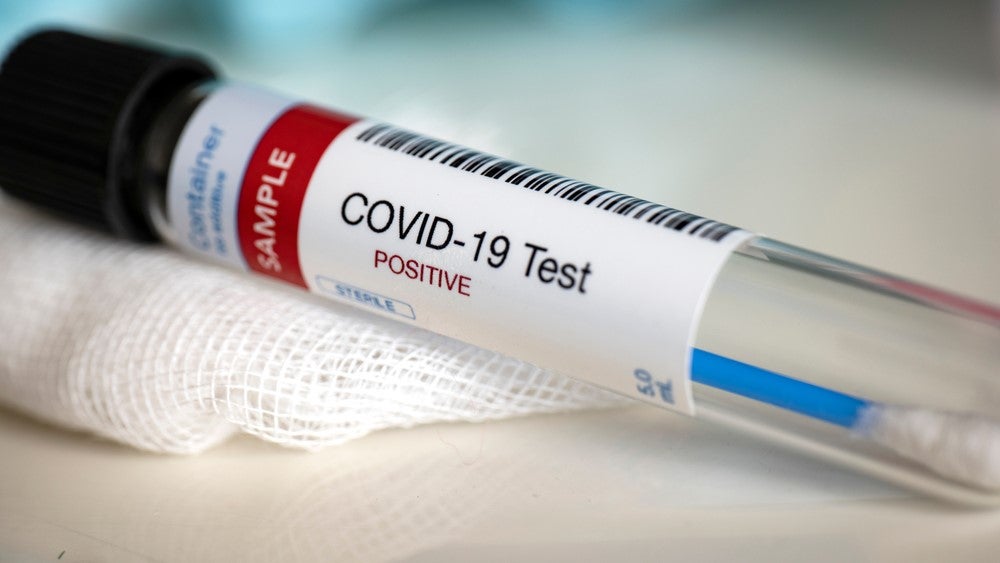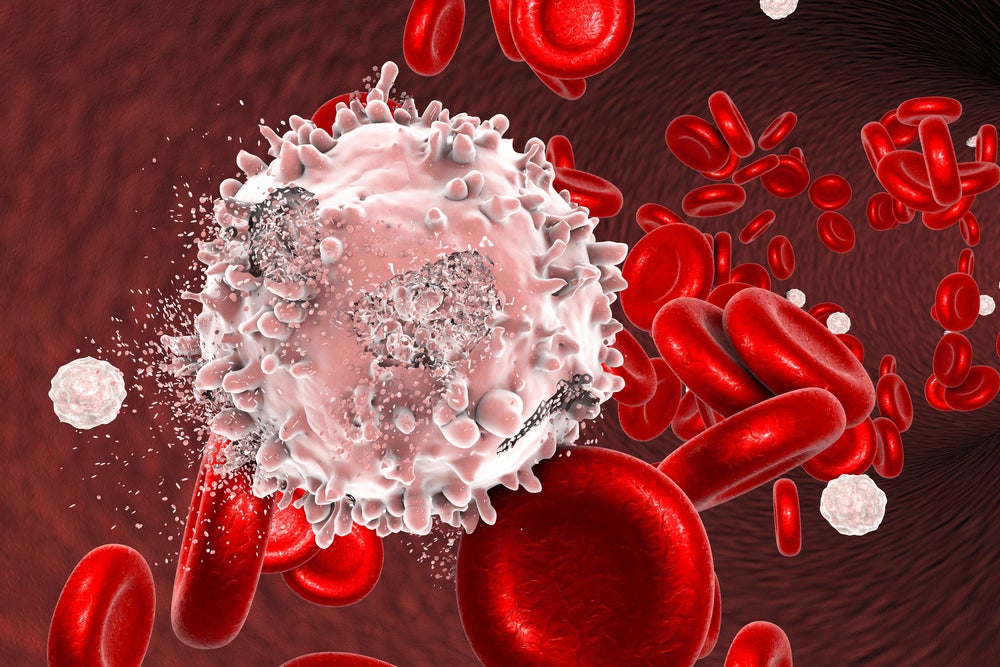US-based biopharmaceutical company Mirum Pharmaceuticals has reported positive findings from the Phase III RESTORE clinical trial of Chenodal (chenodiol) tablets to treat cerebrotendinous xanthomatosis (CTX).
The placebo-controlled, randomised withdrawal trial assessed the efficacy and safety of Chenodal in CTX patients in the US and Brazil.
Urine bile alcohols were among the secondary outcomes evaluated as part of the trial.
Study data from 13 adult patients showed that the treatment caused a 'statistically significant' decline in bile alcohols, meeting the primary endpoint.
At the end of the double-blind, randomised withdrawal period, Chenodal treatment reduced bile alcohols by 20 times more than the placebo.
Results also showed that the treatment improved serum cholestanol, which is a crucial factor associated with poor outcomes in patients.
In addition, a relatively higher proportion of subjects in the placebo needed blinded rescue therapy in the trial.
Diarrhoea and headaches were the most frequent adverse events linked to Chenodal in the trial.
Mirum Pharmaceuticals plans to file a new drug application for Chenodal with the US Food and Drug Administration (FDA) in the first half of next year.
Mirum Pharmaceuticals president and CEO Chris Peetz said: “The statistically significant reductions in bile alcohols and cholestanol underscore the potential for Chenodal to have a dramatic and meaningful impact on patients with CTX.
“This is an extraordinary outcome and we look forward to moving quickly to submit these data to the FDA with the goal of broadening the impact of Chenodal for patients with CTX.”
Based in California, Mirum Pharmaceuticals aims to 'transform' the treatment of rare diseases affecting children and adults.
Earlier this year, the company enrolled patients in its Phase IIb EMBARK trial of Livmarli (maralixibat) in infants with biliary atresia following hepatoportoenterostomy.
The double-blind, placebo-controlled trial is assessing mean changes in total bilirubin as a primary endpoint.















